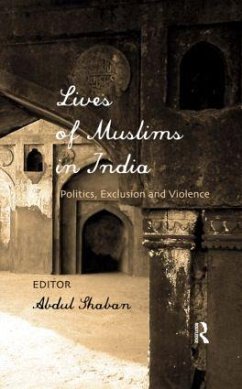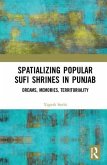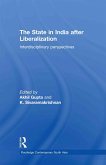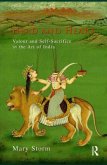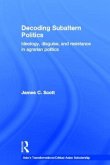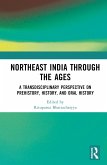The fast consolidating identities along religious and ethnic lines in recent years have considerably 'minoritised' Muslims in India. The wide-ranging essays in this volume focus on the intensified exclusionary practices against Indian Muslims, highlighting how, amidst a politics of violence, confusing policy frameworks on caste and class lines, and institutionalised riot systems, the community has also suffered from the lack of leadership from within. At the same time, they have emerged as a 'mass' around which the politics of 'vote bank', 'appeasement', 'foreigners', 'Pakistanis within the country', etc. are innovated and played upon, making them further apprehensive about asserting their legitimate right to development. The important issue of the double marginalisation of Muslim women and attempts to reform the Muslim Personal Law by some civil society groups is also discussed. Contributed by academics, activists and journalists, the articles thus discuss issues of integration, exclusion and violence, and attempt to understand categories like 'identity', 'minority', 'multiculturalism', and 'nationalism' with regard to and in the context of Indian Muslims. The volume will be of great interest to those in sociology, politics, history, cultural studies, minority studies, Islamic studies, policy studies, geography, etc.

